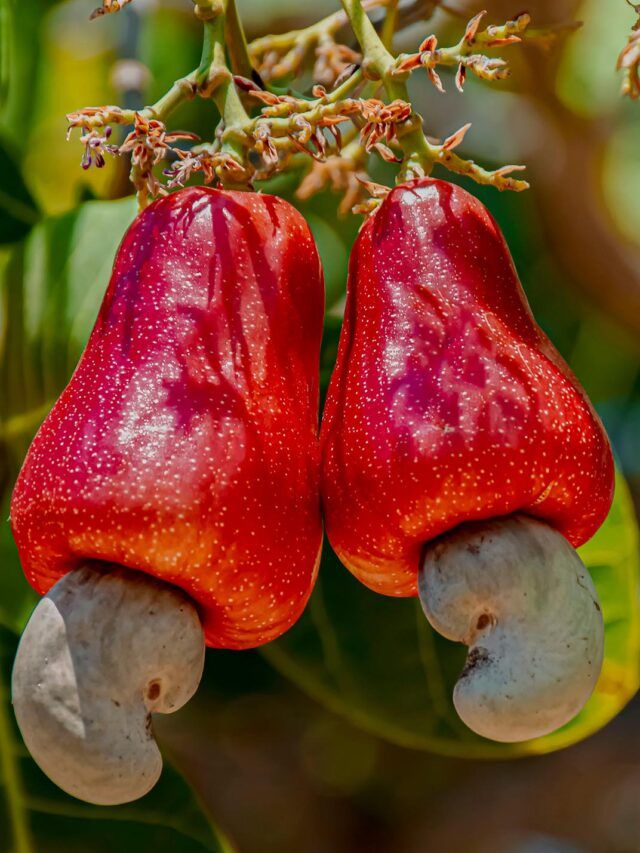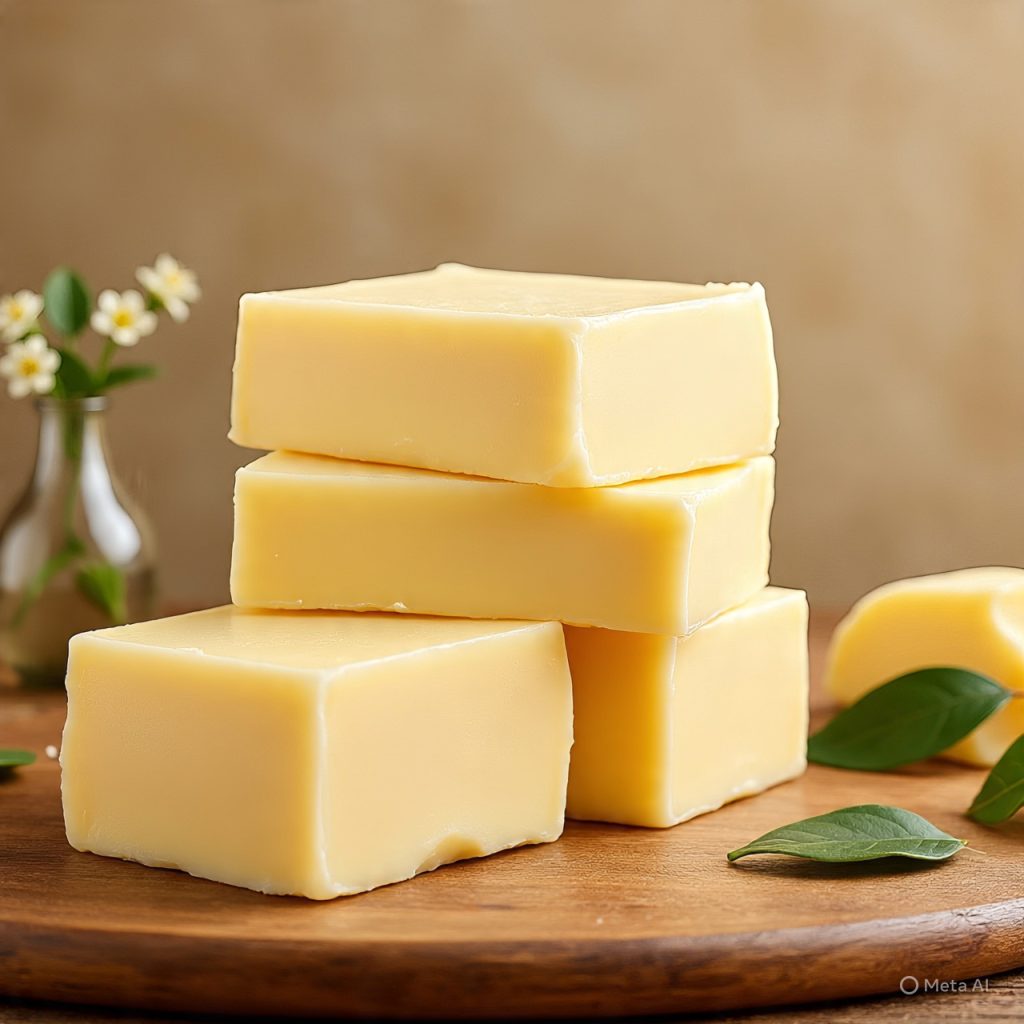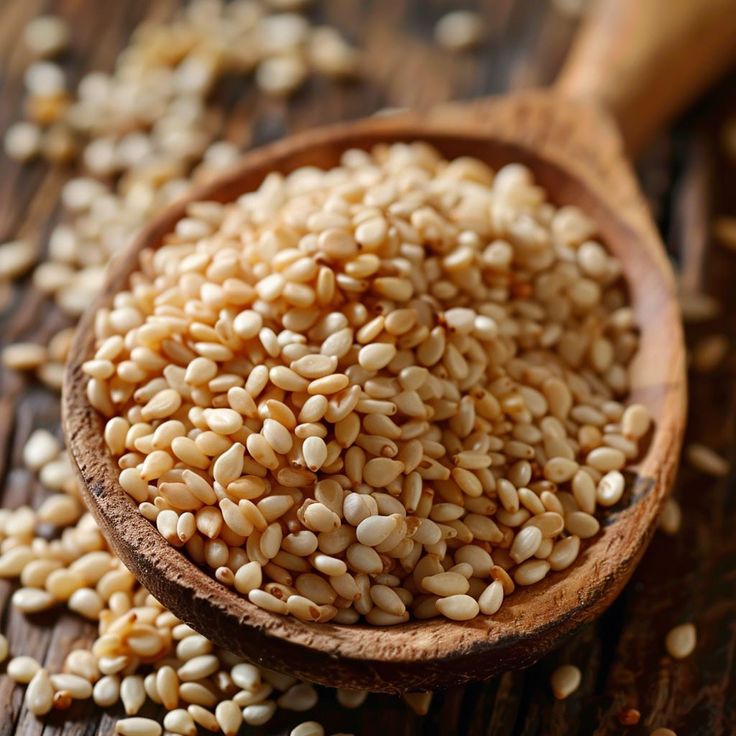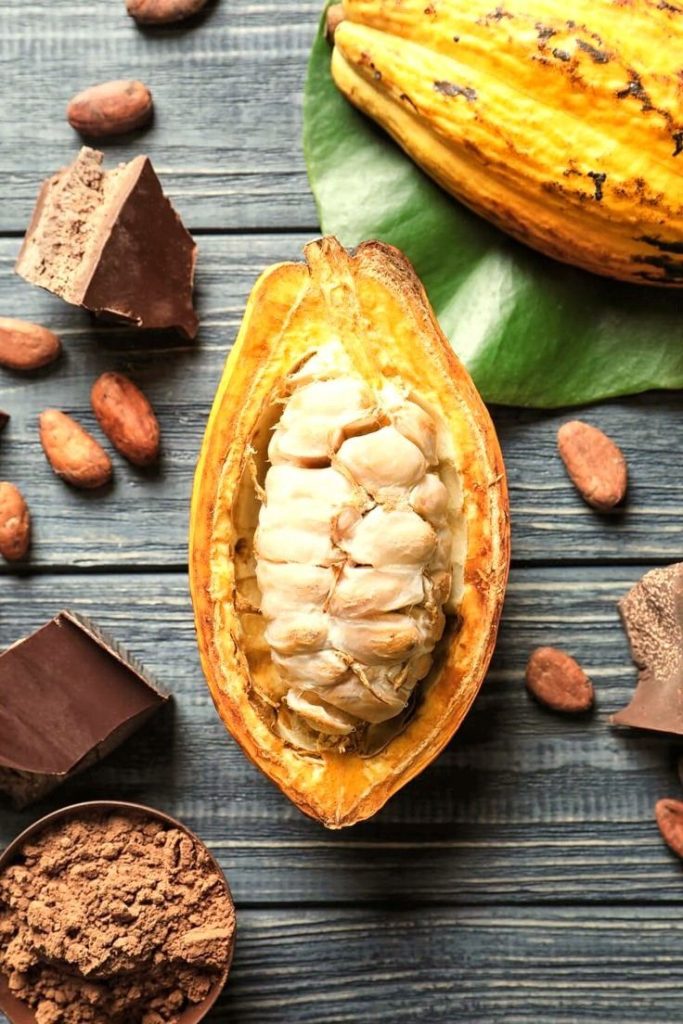 Walnut (Juglans regia) is one of the most sought-after tree nuts in the global market, prized for its rich, buttery flavor, high nutritional value, and versatility in both culinary and industrial applications. Known as a superfood, walnuts are packed with omega-3 fatty acids, antioxidants, vitamins, and minerals, making them a favorite among health-conscious consumers.
Walnut (Juglans regia) is one of the most sought-after tree nuts in the global market, prized for its rich, buttery flavor, high nutritional value, and versatility in both culinary and industrial applications. Known as a superfood, walnuts are packed with omega-3 fatty acids, antioxidants, vitamins, and minerals, making them a favorite among health-conscious consumers.
The growing global focus on plant-based diets, healthy snacking, and functional foods has significantly boosted demand for walnuts in raw, roasted, and processed forms.
Why Walnut is in High Demand
-
Nutritional Powerhouse – High in protein, fiber, omega-3, magnesium, and antioxidants.
-
Heart Health Benefits – Clinically proven to support cardiovascular health.
-
Culinary Versatility – Used in baked goods, confectionery, salads, sauces, and plant-based products.
-
Industrial Applications – Oil for cosmetics, wood shells for polishing and abrasive uses.
-
Long Storage Life – When stored in cool, dry conditions, retains freshness for months.
Popular Export Forms
-
In-Shell Walnuts – Fresh, air-dried, or mechanically dried.
-
Shelled Walnuts – Halves, quarters, or walnut pieces.
-
Walnut Oil – Premium cold-pressed oil for culinary and cosmetic use.
-
Walnut Flour/Meal – For baking and gluten-free recipes.
-
Candied/Flavored Walnuts – For retail snack markets.

Major Importing Markets
-
Europe – Germany, France, UK, Spain (confectionery and bakery industries).
-
North America – USA, Canada (health food and snack industries).
-
Middle East – UAE, Saudi Arabia, Qatar (premium nut retail markets).
-
Asia – China, Japan, South Korea (confectionery, bakery, and luxury snack markets).
Export Processing Steps
-
Harvesting – Walnuts are collected at peak maturity for optimal quality.
-
Hulling & Washing – Removing outer husks and cleaning.
-
Drying – Reducing moisture content to below 8% to ensure shelf stability.
-
Grading & Sorting – By size, color, and kernel quality.
-
Packaging – In moisture-proof sacks or vacuum-sealed packs for extended freshness.
Quality Standards & Export Requirements
-
Moisture Content – Below 8% for in-shell, below 5% for kernels.
-
Shell Integrity – In-shell walnuts must be free from cracks and mold.
-
Kernel Color – Light kernels command the highest prices.
-
No Pests or Foreign Matter – Must pass international phytosanitary inspection.
-
Compliance with Food Safety Regulations – HACCP, ISO, and destination country standards.

Why Walnut Export is Profitable
-
Premium Global Demand – Especially in the health, bakery, and confectionery industries.
-
Value-Added Opportunities – Flavored, roasted, or processed walnut products fetch higher prices.
-
Year-Round Sales Potential – Demand is steady, with peaks during festive seasons.
IMEN GREEN GLOBAL LIMITED Advantage
We supply premium-grade walnuts that meet international quality specifications.
We offer:
-
In-shell & Shelled Walnuts in bulk and retail-ready packaging.
-
Value-added walnut products like oil, flour, and snack blends.
-
Custom packaging solutions for wholesale, retail, and private label clients.
-
Strict quality control and reliable international shipping.
Conclusion:
Walnut export is a profitable venture in the premium nut market, offering opportunities in culinary, health, and industrial sectors. With proper sorting, grading, and packaging, exporters can secure long-term buyers and penetrate lucrative markets across Europe, North America, the Middle East, and Asia.







